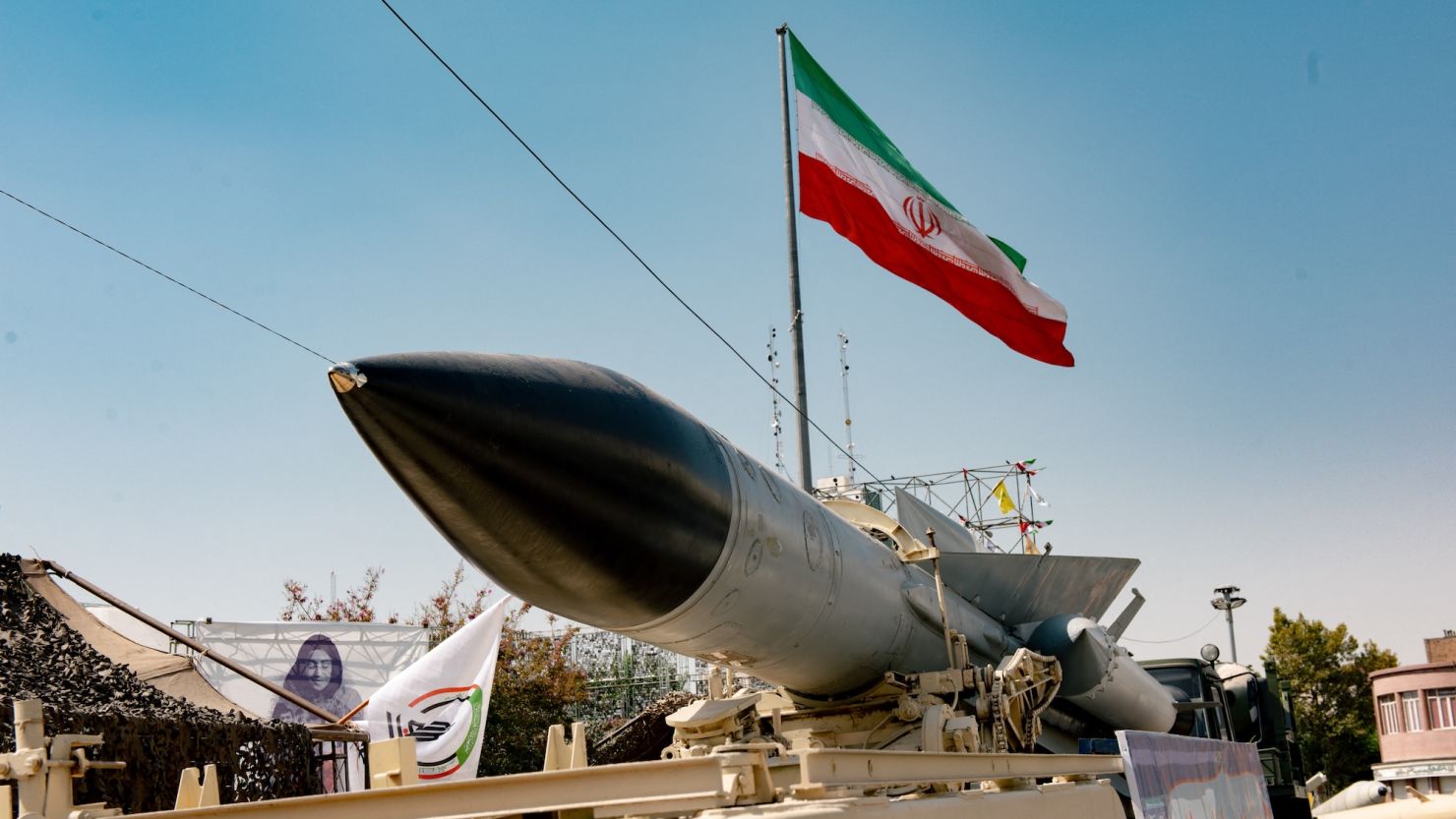Iran has announced the suspension of its cooperation with the International Atomic Energy Agency (IAEA) following the recent U.S.-Israel attacks, a decision that marks a significant escalation in an already volatile situation. The move effectively halts inspections and limits the agency’s ability to monitor Iran’s nuclear activities, raising fresh concerns about transparency and compliance with international agreements. Analysts warn that this step is likely to heighten tensions across the Middle East, potentially fueling instability in a region already fraught with conflict. Globally, the suspension is expected to draw sharp reactions from world powers, with some urging restraint and dialogue, while others may push for stronger countermeasures, further intensifying the geopolitical standoff.
Tehran:
On Wednesday, Iranian President Masoud Pezeshkian reportedly directed the suspension of the country’s cooperation with the International Atomic Energy Agency (IAEA).The order comes a few days after Iran’s important nuclear installations were targeted in US airstrikes. Iran’s state media reported the president’s decision.
This decision aligns with legislation previously passed by Iran’s parliament, which requires the government to suspend cooperation with international nuclear inspectors under certain circumstances, particularly in response to perceived external aggression or pressure. By invoking this law, Iranian officials are framing the suspension not as an impulsive reaction, but as a legally mandated course of action rooted in national sovereignty. The move also underscores Tehran’s broader strategy of using parliamentary mandates to legitimize its defiance of Western demands, while signaling both domestically and internationally that its nuclear policy is being guided by law rather than unilateral executive discretion.
The measure has also been endorsed by Iran’s constitutional oversight body, giving the decision additional legal and political weight within the country’s governance framework. This institutional backing underscores that the suspension of cooperation with the IAEA is not merely an executive maneuver but a step validated by Iran’s highest legal authorities, reinforcing its legitimacy on the domestic front. Internationally, however, the move is widely perceived as a serious escalation, adding a new layer of volatility to an already fragile Middle East. Regional and international actors worry that Iran’s move could trigger a dangerous cycle of escalation, increasing the likelihood of strategic missteps and further widening the rift between Tehran and Western powers.
Why did Iran take this step?
On June 13, 2025, Israel carried out extensive airstrikes targeting Iran’s military and nuclear sites, including key nuclear facilities in Natanz, Isfahan, and Fordo. After this, on 22 June, the US also attacked these bases, which US President Donald Trump described as ‘completely destroying Iran’s nuclear program’.
However, according to IAEA Director General Rafael Grossi and US intelligence assessments, these attacks have affected Iran’s nuclear program for only a few months.
On 25 June 2025, Iran’s parliament passed a bill suspending cooperation with the IAEA by an overwhelming vote of 221-0, with one MP not voting. The bill was sent to Iran’s Guardian Council and Supreme National Security Council for final approval.
Iran stated that it would withhold cooperation with the IAEA until assurances were provided regarding the security of its nuclear facilities.
Iran’s nuclear program and IAEA’s concerns:
Iran maintains that its nuclear activities are solely intended for peaceful uses, including electricity production and civilian applications. However, the IAEA and Western countries say that Iran is enriching uranium up to 60%, which is a major step towards making nuclear weapons.
According to the IAEA, Iran has so much enriched uranium that it can make a nuclear bomb in a few weeks. By May 2024, Iran was producing uranium of 60% purity, which is much more than is needed for peaceful use.
The IAEA passed a resolution on 12 June 2025 saying that Iran has not been complying with its non-proliferation responsibilities since 2019. It warned of sending Iran to the United Nations Security Council, which could lead to further sanctions on it.
Iran criticized the resolution as “political” and “unfair,” and, in retaliation, declared the opening of a new uranium enrichment facility and the deployment of advanced centrifuges.
Iran’s Position and the Growing Global Divide: Escalating Tensions Over Its Nuclear Agenda
Iran has strongly criticized the International Atomic Energy Agency (IAEA), accusing it of displaying a clear bias by failing to condemn recent attacks allegedly carried out by the United States and Israel on Iranian territory. This perceived double standard, according to Tehran, casts serious doubts on the agency’s neutrality. On June 26, Iran’s Supreme Leader Ayatollah Ali Khamenei broke his silence following the attacks, declaring, “We issued a justified response to Israel and the United States.” His remarks signaled a decisive shift toward overt confrontation, underscoring Iran’s increasingly defiant posture amid escalating global tensions.
This sharp rhetoric was accompanied by a controversial policy shift: Iran officially limited cooperation with the IAEA, effectively curbing the agency’s access to monitor its nuclear facilities and uranium stockpile. The decision instantly sent shockwaves through diplomatic and security communities, sparking widespread concern over its potential consequences. IAEA Director General Rafael Grossi openly voiced his concern, warning that this development would severely hamper the agency’s ability to inspect and verify Iran’s nuclear activities. With oversight weakened, experts warn that Iran could accelerate its uranium enrichment without international scrutiny, pushing the nation closer to achieving nuclear weapons capability.
The international response has been sharply divided along geopolitical lines. The United States and Israel have condemned Iran’s decision, viewing it as a direct threat to regional stability and their national security. For these countries, Tehran’s withdrawal from IAEA oversight is not just a technical breach — it is a dangerous escalation that could spark a broader conflict in an already volatile region.
Meanwhile, Iran has found cautious support from global players like Russia and China. Both countries have echoed Tehran’s criticism of the IAEA, arguing that the agency’s silence in the face of the attacks seriously undermines its credibility and raises doubts about its neutrality. Moscow and Beijing have also urged for a more balanced approach, warning that isolating Iran could backfire and deepen the nuclear crisis.
This episode goes beyond a mere diplomatic confrontation — it represents a pivotal moment for the global non-proliferation regime, potentially reshaping how nuclear oversight and accountability are enforced. With Iran’s heavily scrutinized nuclear program slipping out of international oversight, global anxiety is mounting — and the threat of unchecked escalation looms larger than ever. What unfolds next may well determine not just the future of Iran’s nuclear ambitions, but also the fragile balance of power across the Middle East and beyond.

